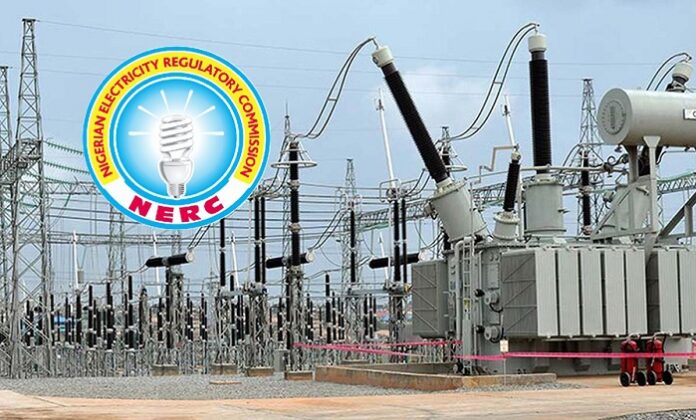The second quarter of 2025 saw another setback in Nigeria’s electric sector when both power generation and energy offtake fell by more than five percent.
Emphasized in the quarterly report of the Nigerian Electricity Regulatory Commission (NERC), this recession reveals growing financial problems afflicting the value chain for electricity.
According to the study, from 4,770.59 megawatt-hours per hour in the first quarter to 4,501.06 in the second, the average hourly power production of the national grid fell by 5.65 percent. Likewise, the energy offtake by distribution firms (DisCos) decreased by 5.27 percent to 3,582.62 megawatt-hours per hour. Within the quarter, power plants produced 9,830.31 gigawatt-hours overall.
Though there is enough supply, The News Chronicle observed that inefficiencies in billing, metering, and energy gathering keep the sector’s liquidity in check. Of 7,824.43 gigawatt-hours received, DisCos, reaching an energy accounting efficiency of just 82.43 percent, billed only 6,449.82 gigawatt-hours to end users. This lack aggravates the industry’s cash-flow problem together with low collection rates.
According to NERC, the average total technical, commercial, and collection (ATC&C) losses across all DisCos for the quarter came at 37.92%, much beyond the 20.54% reference established under the 2025 Multi-Year Tariff Order. These flaws amounted to a total of N158.05 billion in lost income. Although Eko DisCo met its target, Kaduna DisCo achieved the poorest with an astonishing 70.98 percent loss against a target of 21.32 percent.
DisCos together billed clients N742.34 billion from energy valued at N909.59 billion, therefore indicating an 81.61 percent billing efficiency on the revenue side. Total revenue collected was N564.71 billion, which is equivalent to a collection efficiency of 76.07 percent, a modest increase from 74.39 percent the preceding quarter.
Additionally stressing liquidity were overseas and bilateral clients. Six overseas clients only paid $9.01 million out of $17.54 million owed, therefore generating an $8.53 million gap. Domestic bilateral consumers paid only N1.4 billion of their N2.8 billion bill, for a 50 percent compliance rate.
Analysts point out that the continuing underpayment by bilateral customers damages the stability of Nigeria’s electricity market, thus negating the goal of reforms meant to provide cost recovery and sustainable power distribution.



